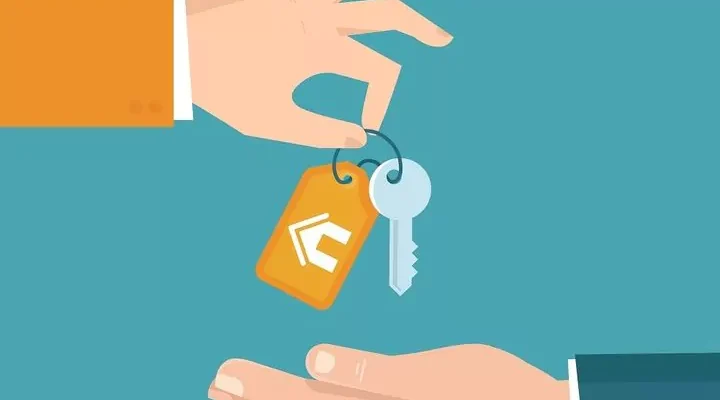We have already dealt here with numerous measures aimed at improving the credit and means of payment. We are living in times of great change, including in the discipline of credit and capital markets. An important part of this transformation is the growing interest in the subject of financial education, which we have also dealt with here. Only with the dissemination of knowledge and appropriate credit behavior will the effects of institutional changes be realized.
Platform data Google Trends there has been an increase in searches for terms related to personal finance. In fact, the subject is increasingly mobilizing companies, civil society entities, digital influencers and the press. Also noteworthy is the work of the Central Bank, which has made financial education one of the pillars of Agenda BC#.
As part of the joint effort of public and private entities, we have now reached the 7th National Financial Education Week (ENEF Week), which will take place between November 23 and 29. Last year, the event reached 70 million people across Brazil, through more than 14,000 actions. The credit bureau sector was present, as one of the references on the subject.
This year, the credit bureaus will once again be present, promoting content in various formats, through lives and podcasts with experts, informative articles and videos, as well as free training and e-books. The bureaus' actions will cover the changes to the positive credit registry, the importance of credit analysis and credit scoring - a subject that has aroused a lot of interest - and how companies can adapt to the new regulations. LGPD, financial planning, the current economic climate and a series of practical tips on how to organize your finances.
The theme of the 7th ENEF Week will be "Financial Resilience: how to face the crisis". Resilience is acting with flexible thoughts and behaviors to face adversity strategically and with less negative impact. In finance, a resilient person is one who can deal with income shocks without getting into big trouble. The organization of the event also highlights the themes of insurance, social security and tax education.
How many workers were surprised by the outbreak of the pandemic and, when they saw it, their jobs were gone? How many entrepreneurs discovered overnight that they would have to reduce their activities or rapidly digitize their businesses? Until the beginning of the year, nobody expected such an extreme event. The economy was expected to finally start growing at a faster pace this year. Suddenly, the whole scenario changed.
Data from credit bureaus show that the habit of making a financial reserve is still not widespread. Only about a third of the population is in the habit of making a financial reserve, and the majority, when they do, save what is left over from the budget, without planning it. The crisis has taught us in practice about the importance of these resources.
But is it realistic to talk about financial reserves in a middle-income country? The answer is yes. In fact, in the CDE classes, the percentage of savers is lower than that observed in the general average, but almost 30% of Brazilians in the lower income brackets manage, according to field surveys carried out by the sector, to have some savings. And even if the amount saved is small, over time - and with the reinforcement of interest - the sum grows. What's more, by developing the habit of saving, consumers can avoid the bad habit of ending the month in the red.
ENEF Week is a great opportunity for consumers and entrepreneurs who are looking for a healthier financial life, and for organizations that have something to contribute to the issue. All the events are free. It's worth taking part because the content will contribute to a better financial life!
Thanks for reading! Access other content at ANBC website.
By: Elias Sfeir President of ANBC & Member of the Climate Council of the City of São Paulo & Certified Advisor




